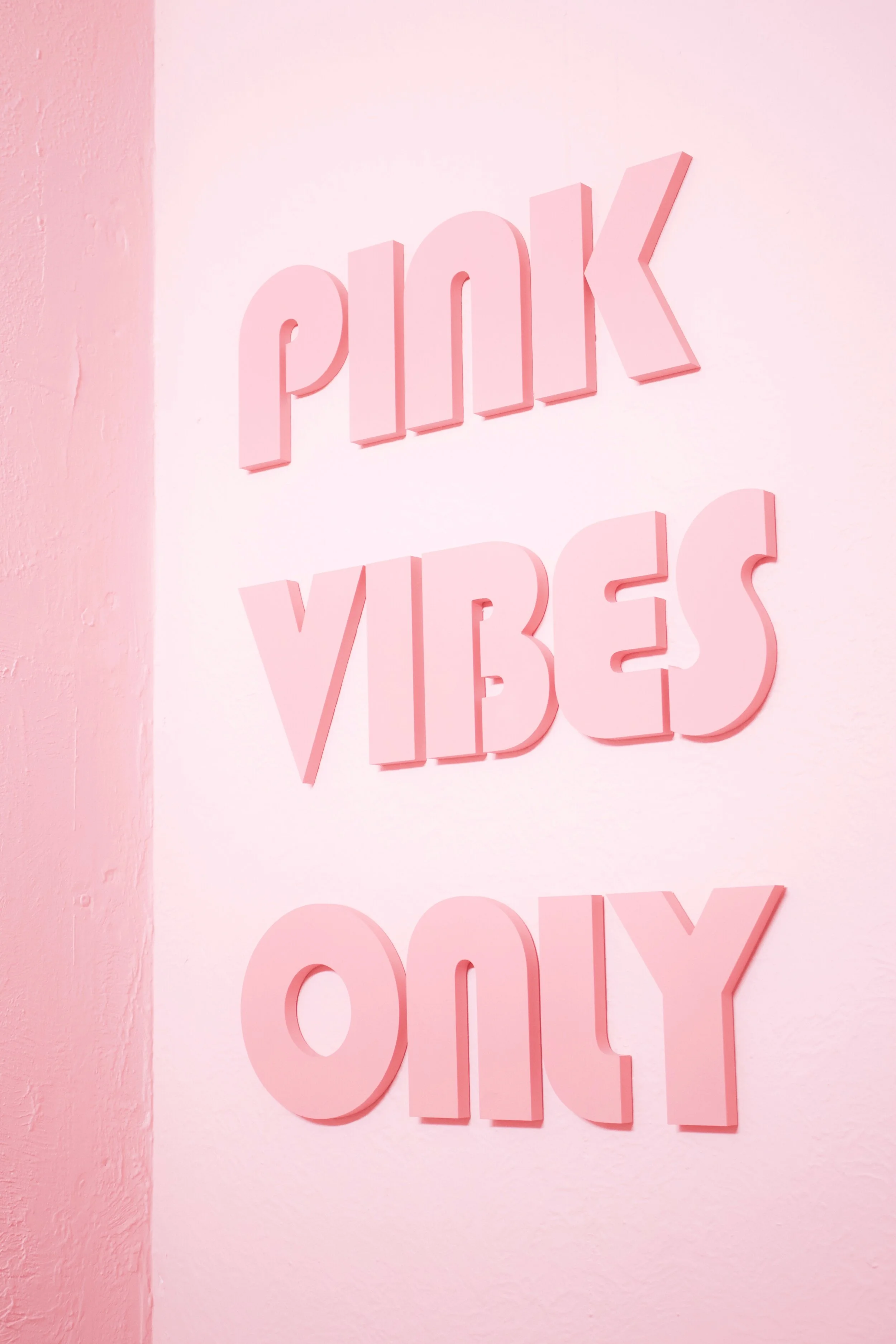No Pink Auras
How about not.
The counseling world is full of strange interventions and techniques, and depending on who you are and how you’re wired, there’s something strange out there that might gel with you, and that’s totally fine. There’s just a lot of stuff that I don’t buy into as a counselor, and since I assumed that at least some of the people who read this blog are reading it because they want to better understand how I do things or why I do them—-maybe some of the people I already see are looking for insights into my weird mind—this should help.
So what is it that has me so bent when it comes to auras. Honestly, if you’re into auras or chakras (actually, I love yoga and I buy that chakras are a thing, but I don’t currently use them in my practice) that’s fine. Go with your bad self. I just don’t talk about them in treatment because last I checked, visualizing someone with a pink aura around their head doesn’t have empirical support as a therapeutic technique. (If I’m wrong, feel free to mention a source in the comments.)
I grew up in Los Angeles, CA. I spent a good chunk of my childhood in new age bookstores. I love nag champa incense and “subliminal” meditation recordings even though I know deep down that they don’t do anything for me. It’s fine. They make me happy when everything feels hopeless. (Yes, therapists have those days too.) So please don’t take any of this as a sign that you’re doing it all wrong. Also, if you’re a therapist and pink auras work for you and your clients, that’s fine.
Here’s what ticks me off about the pink auras: I was working at a group practice in Denver during my first couple of years here. Out of all of the women who worked in that practice (it was all women at the time,) I was the only one who had never seen a psychic. That’s the kind of place it was. I think that really encapsulates many of the things that made me a misfit there. I also popped out of my office one day to find my director writing a quote from Joseph Campbell on the whiteboard to inspire everyone. That was cool and all except it became clear, as she tried to tell me about it, that she had no idea who Joseph Campbell was. I feel like that’s an odd combo: new age-y stuff like auras and psychics are cool, but not knowing who the king of all the transpersonal psychology stuff is seems lazy to me.
Unsurprisingly, the clients referred to me there were totally hit and miss. It was the clinical equivalent of someone throwing spaghetti noodles against a wall and seeing if they stuck. The moment that sealed it all for me though was a client who came in and admitted that she had never stuck with a therapist and she had been through several before she got to me, but she said she wanted to have the experience her friend had in therapy. Her friend apparently had a therapist who told her that the way to deal with people who bothered her was to just envision their head surrounded by a pink aura. Why couldn’t I do something like that? Well, I guess if it were just that easy, she could have taken the advice her friend already received and used it for herself, right? I mean, why bother with all this silly school stuff when you can just talk about auras?
Needless to say, I don’t do carbon copies, I don’t do auras, and I don’t do mind reading. Can I usually figure out what people are thinking before they say it? Yes, but that’s not the point. To me, the point of therapy is to help you learn how to articulate your needs, thoughts, and feelings. These sounds like basic skills, and while they are essential and simple, they aren’t easy to master. Also, most of us, including me, didn’t have healthy role models for any of this growing up. So where were you supposed to have learned it? Seriously, it’s okay to recognize a deficit and work on it. That’s how we get better.
Since I’m on a roll, you want to know my other pet peeve? Worksheets. If you find a self-help book that you love and it’s full of worksheets, that’s awesome. I’ve been through a few of those myself, and some have been helpful. I even recommend some of them to friends and people I work with. There’s nothing inherently wrong with worksheets, handouts, and bibliotherapy. I just don’t think that they necessarily add much to your therapy. In my experience with worksheets, the problem is it sets up a dynamic between us that makes me the taskmaster and you sort of a student who may or may not complete their assignments. While I think there’s a place for gently being held accountable for action and inaction in a therapeutic setting, I’ve never seen “List 10 Ways You Like to Destress” change someone’s life. There’s nothing magical about filling something out on a dead tree with bad clipart that we can’t just talk about.
I have mixed feelings about guided meditations in session. I think they can be helpful in a situation where someone is feeling really stressed out——like meltdown stressed out. A guided meditation can take you from a 10 stress-wise down to a 2 within about five minutes, and sometimes, we need that. I don’t tend to do it as a routine part of the session because I always feel kind of like it’s cheating to follow a script for that time out of your hour when you’re paying to come in and talk things through. Maybe I’m way off on this. Maybe I’m way off about auras.

